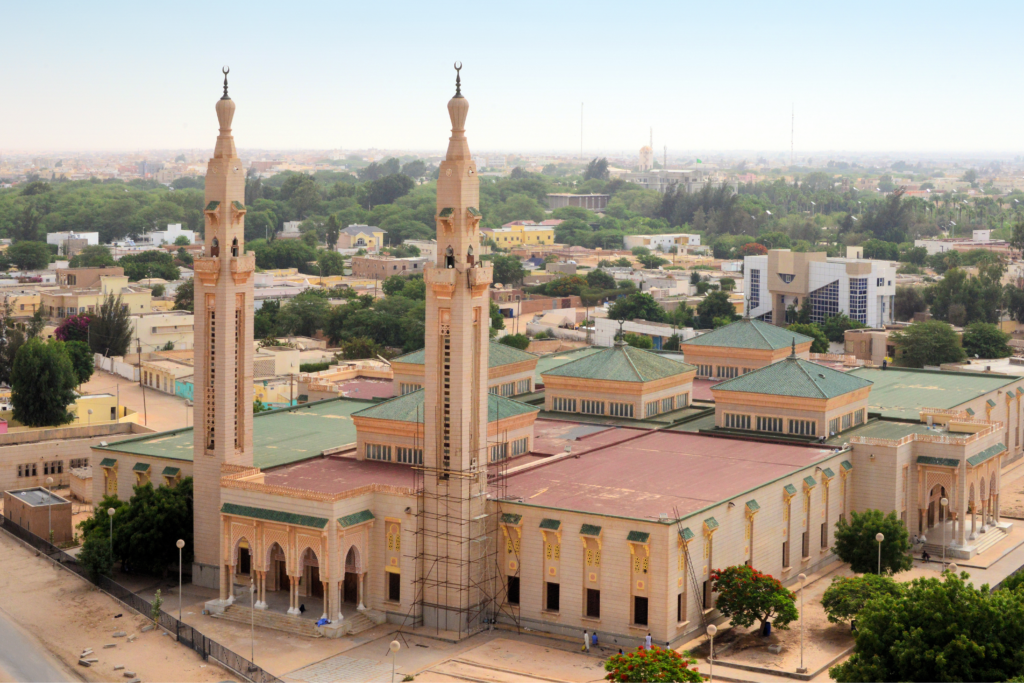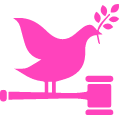Where We Work
Mauritania
Context
GCERF delineates the Sahel within the context of the Group of Five Countries for the Sahel, also known as G5 Sahel, the intergovernmental body to promote regional cooperation in development and security matters. Our engagement in the region will directly bolster the implementation of National Action Plans of the five countries working in partnership with local, national, regional, and global partners. Our work began in Mali in 2016 followed by Burkina Faso and Niger in 2021, Chad and Mauritania in 2023.
The Sahel is one of the most deprived regions in the world. It is home to several fragile and conflict-affected states, each ranking low on the UN Human Development Index and beset by multidimensional conflicts. These conflicts have created fertile environments for violent extremism and organised crime in an already fragile regional context. The region is also a source of criminal activities, including human trafficking and the smuggling of people, drugs, and weapons.
Mauritania ranks the highest among all five Sahelian countries on the Global Terrorism Index, meaning it is the least affected by terrorism. However, it shares common fragilities and vulnerabilities with its neighbors, which have created fertile ground for violent extremist groups in the region. Deaths in the Sahel constituted 47% of the global total of terrorism deaths in 2023, compared to just one percent in 2007. Over the past 15 years, the number of deaths due to terrorism in the Sahel has increased by 2,860%.
The main drivers of violent extremism are youth unemployment, farmer/herder conflicts and governance-related grievances. Violent extremist groups exploit these grievances and insecurities by propagating narratives of injustice and offering protection in exchange for loyalty.


Investment Focus
GCERF’s investment in Mauritania focuses on creating a conducive environment for de-radicalisation, mediating existing and emerging conflicts and promoting preventive approaches against radicalisation and violent extremism.
GCERF-funded initiatives engage:
- young people (between the ages 15-25) from rural areas, minority communities and formal and informal Islamic schools, who struggle to find work
- women from rural settings, widows, single mothers, and displaced women
- religious leaders, heads of the villages, community council members and opinion leaders
- agriculturalists and pastoralists
GCERF aims to achieve the investment objectives through a range of activities conducted by community-based organisations, such as:
- vocational and skills training for strengthening the prospects of employment and socio-political inclusion for young people and improving the economic resilience of women.
- social gatherings, sports events, and community events to improve social cohesion and engaging vulnerable youth in community work.
- workshops, meetings and awareness sessions on countering hate speech, radical narratives and reducing inter-generational differences.
Local Partners in Mauritania


Newsletter

Sustainable Development Goals

Peace, Justice & Strong Institution
No Poverty

Quality Education

Gender Equality

Decent Work & Economic Growth

Reduced Inequalities

